
So maybe Naftali Bennett knows what he’s doing after all.
Israel’s still-new prime minister has received credit from many quarters for the way he has maintained a fragile governing coalition since taking office last summer. But despite a lengthy military career (and a few short months as Defense Minister), Bennett has been a much less known quantity on the international stage. And when tensions at the Ukraine-Russia border — between two strong allies of Israel — rose to new levels last fall, it was difficult to predict how Bennett would handle such a complicated geopolitical challenge.
When those tensions turned into outright warfare, many observers (myself included) wondered how Israel would maintain its neutrality as condemnation against Russia’s aggression spread across the globe. Despite the close coordination that had developed between the Israeli and Russian militaries in Syria in recent years — a relationship that has provided valuable security benefits to Israel in the region — it seemed inevitable that U.S. pressure on the Jewish state to join the international coalition would be impossible to resist.
But it now looks as if Bennett has emerged as a key interlocutor with Russian president Vladimir Putin and may even end up playing a critical role in brokering a peace deal at some point. And Bennett’s new role at the center of the tensions has also given him greater influence in the ongoing Iranian nuclear negotiations.
Just two weeks ago, Putin had dismissed Bennett’s offer to mediate between the two sides with the back of his hand.
Just two weeks ago, Putin dismissed Bennett’s offer to mediate between the two sides with the back of his hand. But because the international coalition against Russia’s aggression has come together so quickly, and because Ukrainian resistance to the invasion has been much stronger than anticipated, Bennett’s suggestion has now become much more appealing to the Russian leader. Bennett and Putin spent three hours together last weekend, discussing the safety of the Ukrainian Jewish community and the broader state of the conflict and potential paths forward, but Bennett was apparently making his case against a future nuclear agreement with Iran.
After leaving Putin, Bennett then spoke to Ukraine President Volodymyr Zelensky and had meetings planned with German Chancellor Olaf Scholz and other Western leaders with key roles both in the anti-Russia coalition and in the Iran negotiations. For years, Israel’s lobbying efforts against an Iranian deal have largely fallen on deaf ears. But now Bennett is not just pleading for his country’s security, but may be playing a role with Putin that will force Western leaders to take his warnings more seriously.
It’s difficult to see how a new nuclear agreement with Iran is prevented at this point. But unlike his predecessor Benjamin Netanyahu, whose vociferous opposition to the entire deal left him sidelined as it was finalized, Bennett has been focused on making sure the negotiators understand that some aspects of the potential agreement would be more damaging than others. This may allow Israel to have more of an impact as an influencer of a final deal than a more absolutist approach. And Bennett will now be in the room with the key players for the foreseeable future as the war in Ukraine continues to worsen.
It’s impossible to guess what Putin’s ultimate goals are in Eastern Europe, but he doesn’t seem to be interested in allowing the violence to subside anytime soon. That means Bennett will be a rare trustworthy point of contact for the U.S. and Western Europe with a direct line to Russia’s leaders. And when Putin does decide that negotiations with the West are in his best interest, Bennett’s presence will become even more important.
The best possible outcome for Israel would be to maintain its relationship with Russia, continue to protect its own interests in Syria, provide for the safety of Ukrainian Jews, strengthen its ties to Western Europe and enhance its stature on critical global matters outside the Middle East – all without endangering its enduring ties to the United States. There’s no guarantee this is the way matters play out, but in the midst of a worldwide tragedy, it wouldn’t be such a bad place to be once the dust finally settles.
Dan Schnur is a Professor at the University of California – Berkeley, USC and Pepperdine. Join Dan for his weekly webinar “Politics in the Time of Coronavirus” (www/lawac.org) on Tuesdays at 5 PM.








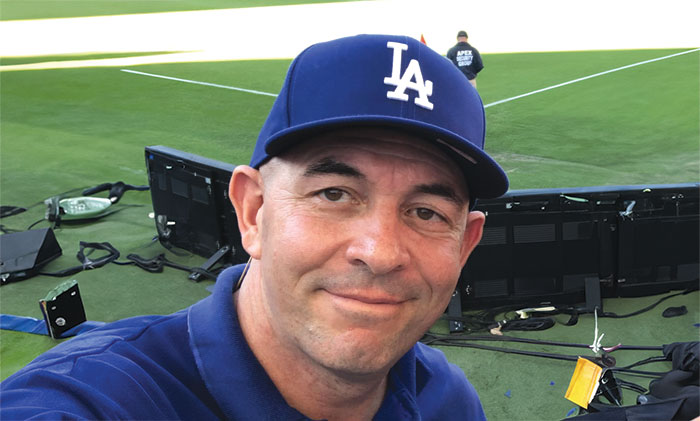


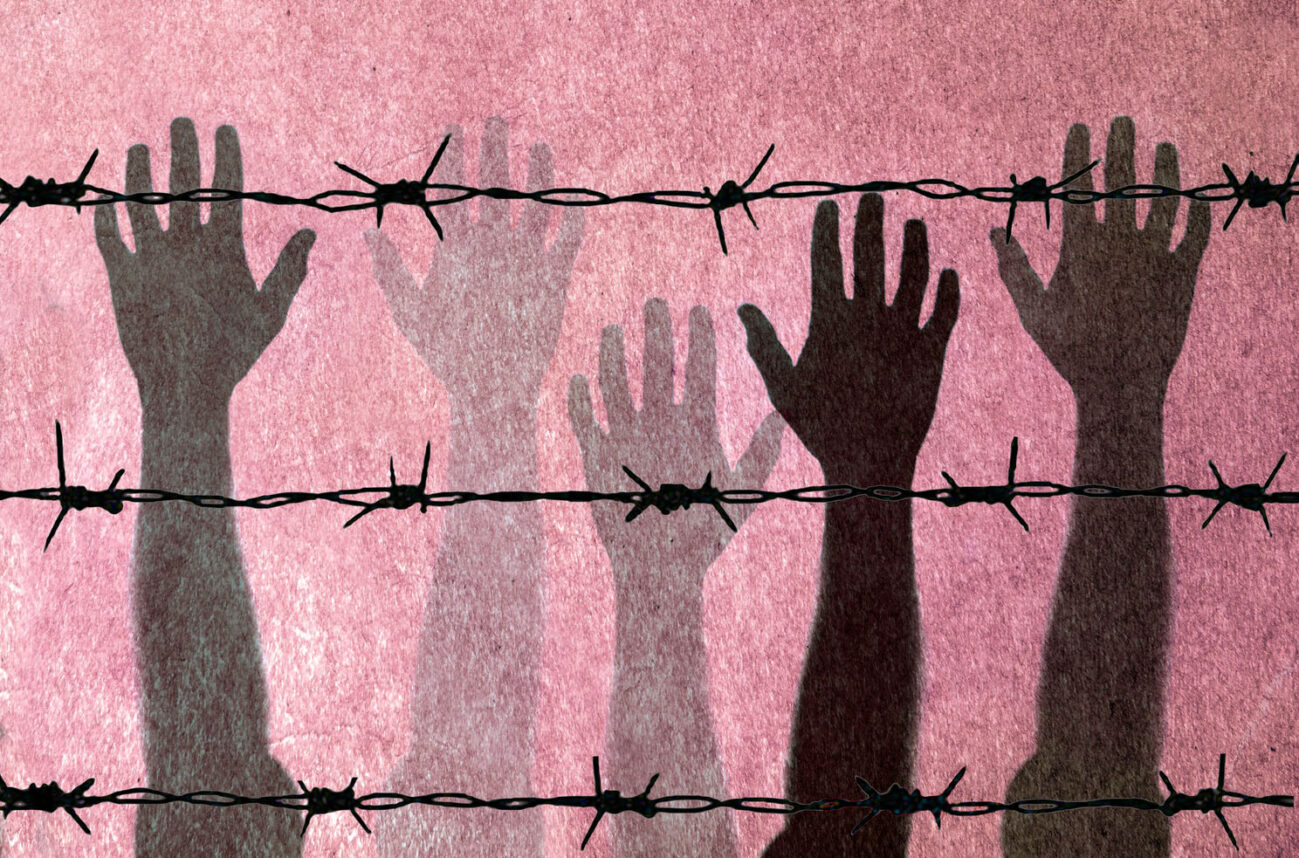

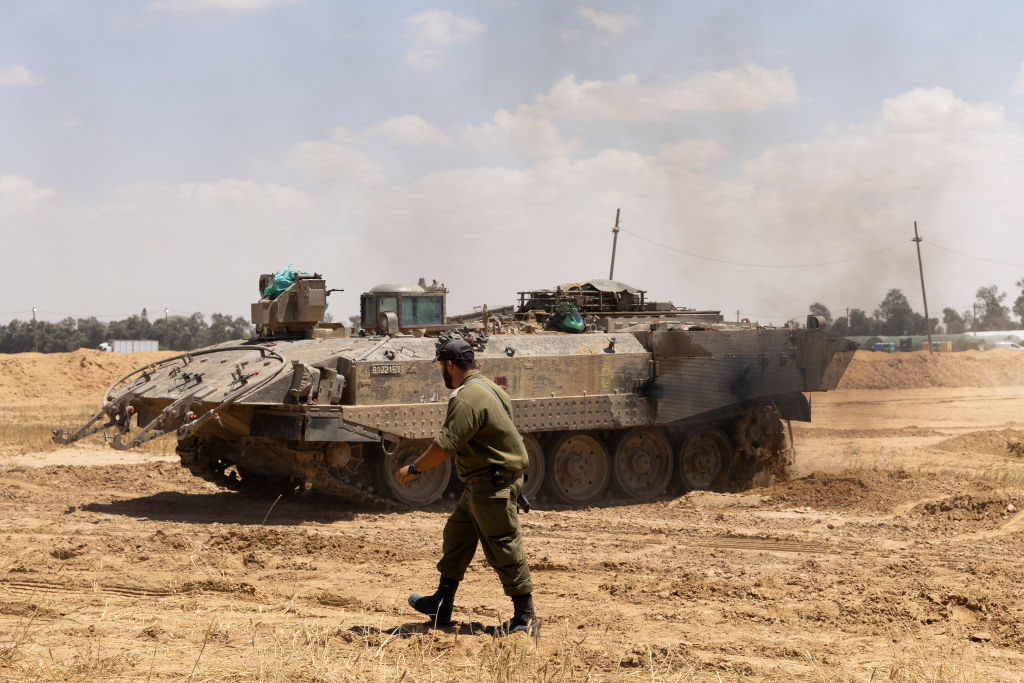
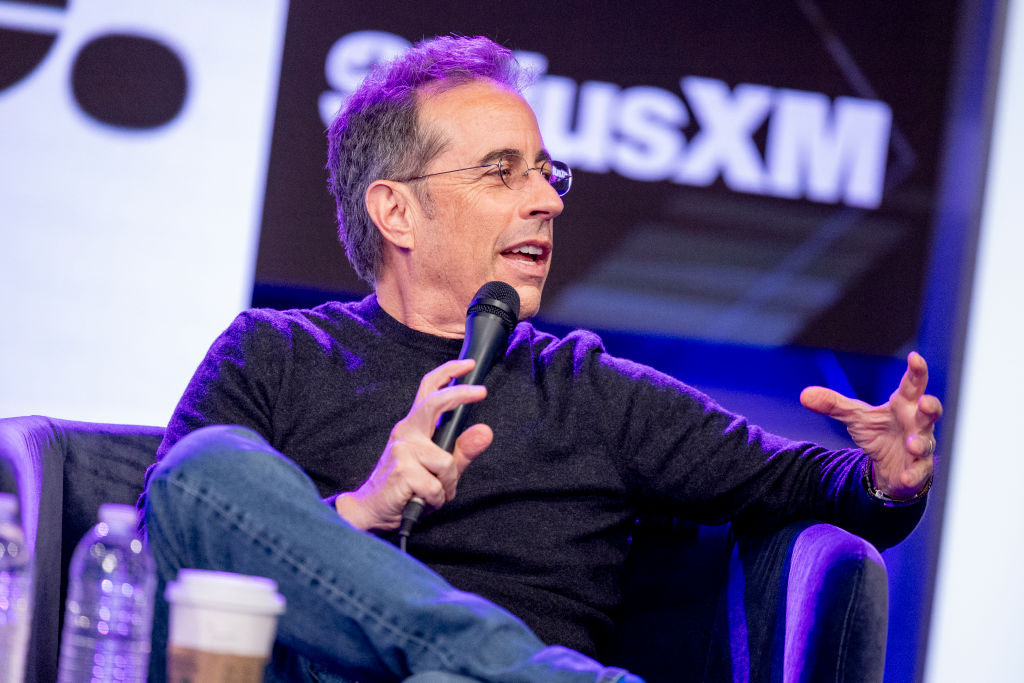


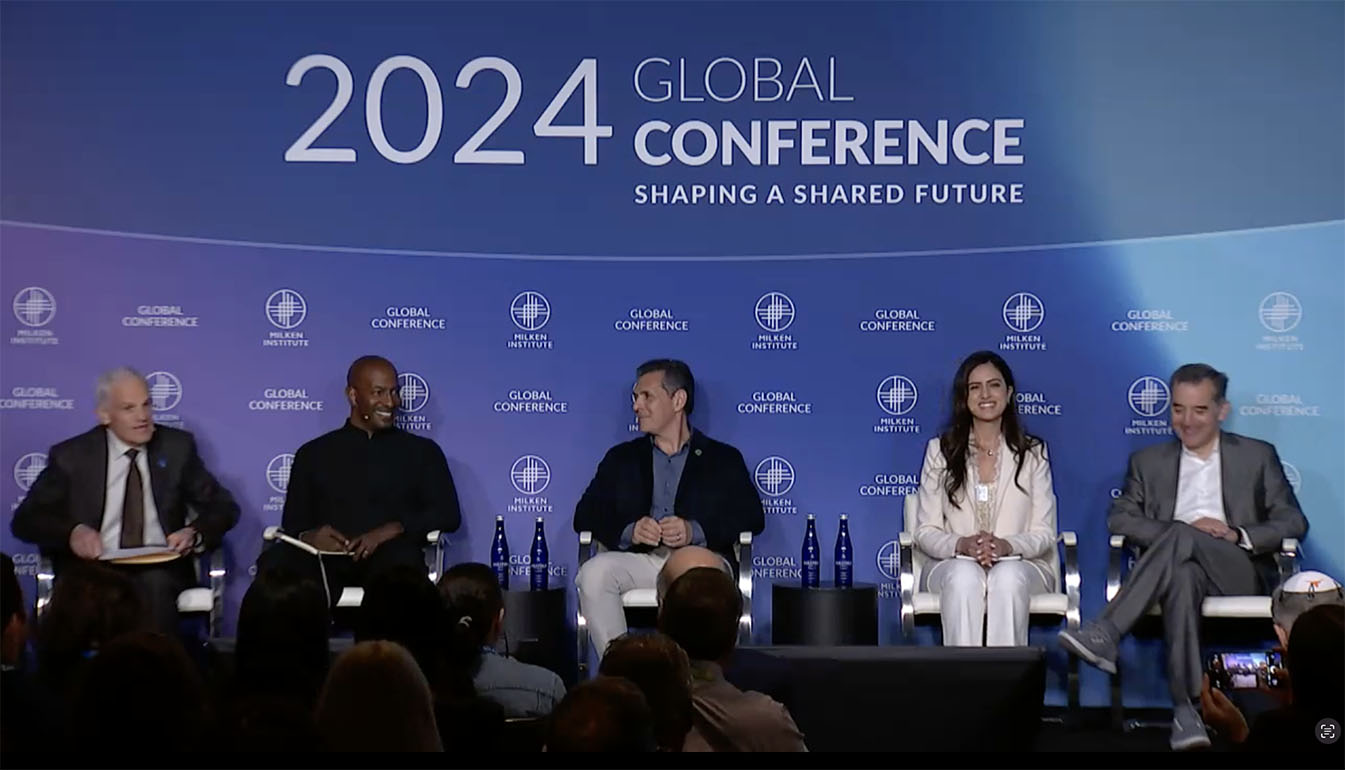





 More news and opinions than at a Shabbat dinner, right in your inbox.
More news and opinions than at a Shabbat dinner, right in your inbox.